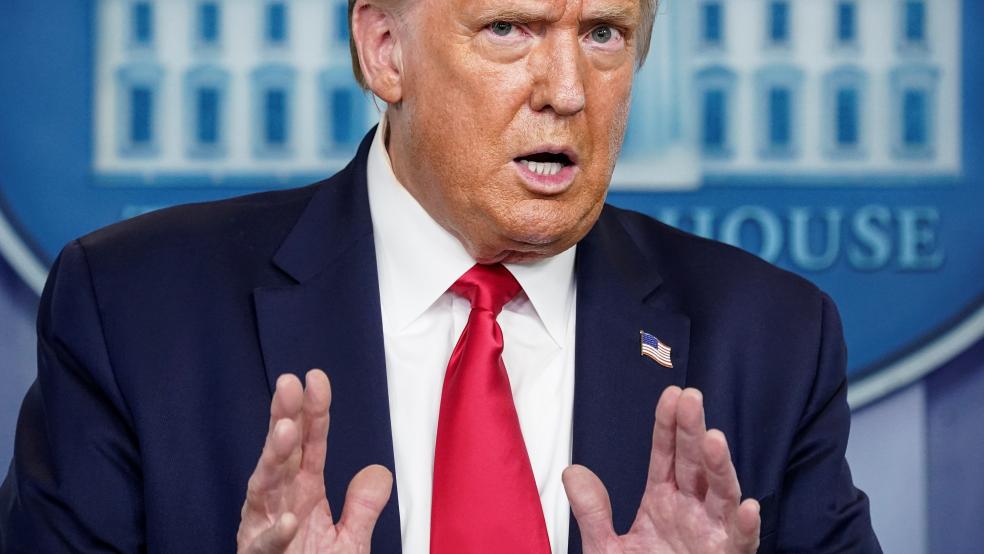President Trump pitched his plan to suspend payroll tax collections through the end of the year as a win for workers and a boost for the economy. Employers see it differently. “[F]or companies large and small, the presidential intervention poses difficult legal and logistical questions that only add to the uncertainty that executives and workers are contending with during the pandemic,” Alan Rappeport and Gillian Friedman write at The New York Times.
The basics: Trump’s plan calls for a deferral of the 6.2% employee share of Social Security taxes from September 1 through the end of the year for workers earning up to $104,000 a year. But the president doesn’t have the power to change tax laws, meaning that his move would still leave workers on the hook for those deferred payroll taxes starting next year. Trump has promised to “terminate” the payroll taxes, but there’s no guarantee Congress will forgive those deferred payments.
“Since employees must still pay those taxes next year, this order is really an offer of a zero interest loan rather than an actual reduction in tax liability,” J.P. Morgan economist Michael Feroli said in a research note Monday. “If every worker utilized this offer, it would free up about $30-40 billion in liquidity per month for the household sector.”
What employers are worried about: Business are worried that they’ll be on the hook for employees’ deferred tax payments. “That is a particular risk in cases where employees change jobs and employers can’t withhold more taxes from later paychecks to catch up on missed payments,” The Wall Street Journal’s Richard Rubin reports. In some cases, employers could owe income and payroll taxes on the payroll tax payments they have to cover, compounding the cost. Marianna Dyson, a lawyer at Covington & Burling LLP in Washington who specializes in payroll taxes, tells Rubin: “Liability is going to stick to the employer like flies to flypaper.”
The bottom line: Employers are generally awaiting further guidance from the Treasury Department and IRS before deciding what to do. “Payroll experts said many businesses would be hesitant to do anything until they had assurances from Congress that they and their employees wouldn’t have to make good on the deferred taxes next year,” the Times reports. Right now, it looks like any economic stimulus generated by Trump’s unilateral move may be extremely limited.





